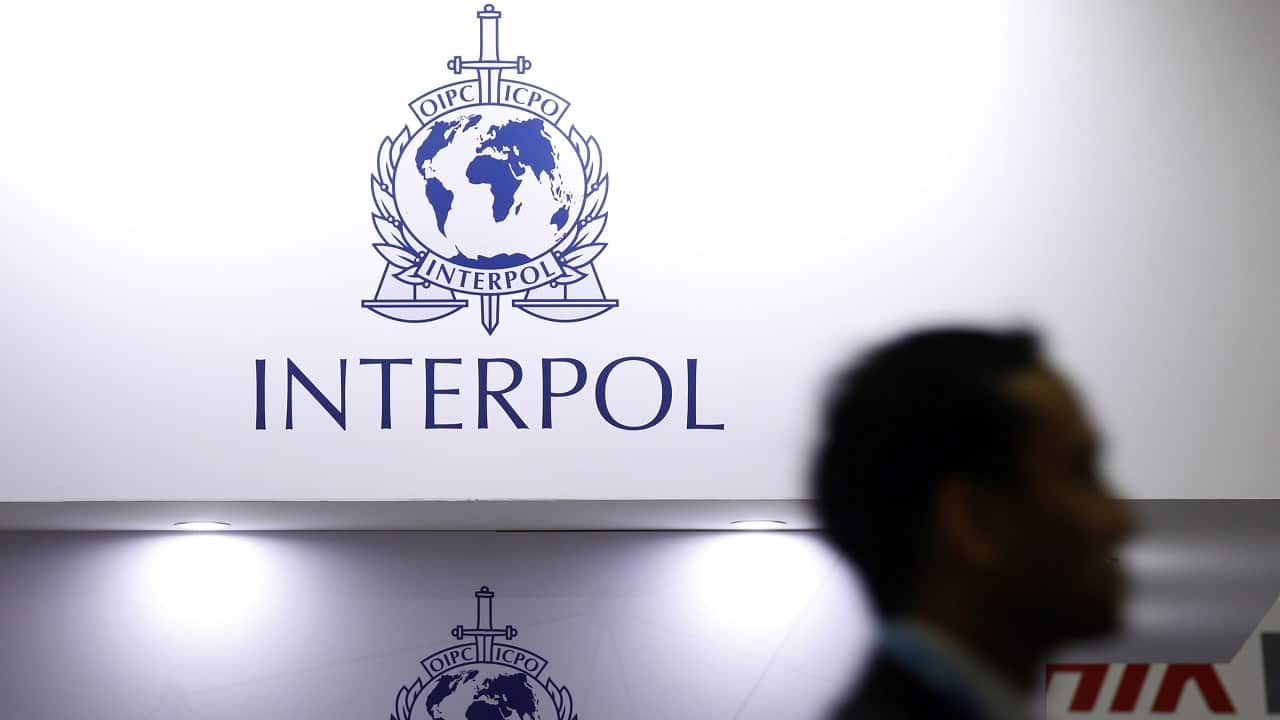The Interpol global police co-ordination agency warned on December 2 that organised criminal networks could be targeting COVID-19 vaccines, and could look to sell fake shots.
Interpol, which is headquartered in France, said it had issued a global alert to law enforcement across its 194 member countries, warning them to prepare for organised crime networks targeting COVID-19 vaccines, both physically and online.
COVID-19 Vaccine Tracker: What you need to know about manufacturing and pricing
"As governments are preparing to roll out vaccines, criminal organisations are planning to infiltrate or disrupt supply chains. Criminal networks will also be targeting unsuspecting members of the public via fake websites and false cures, which could pose a significant risk to their health, even their lives," said Interpol secretary general Juergen Stock.
Also read | Letters contaminated with coronavirus may be sent to political leaders: Interpol
Discover the latest Business News, Sensex, and Nifty updates. Obtain Personal Finance insights, tax queries, and expert opinions on Moneycontrol or download the Moneycontrol App to stay updated!









